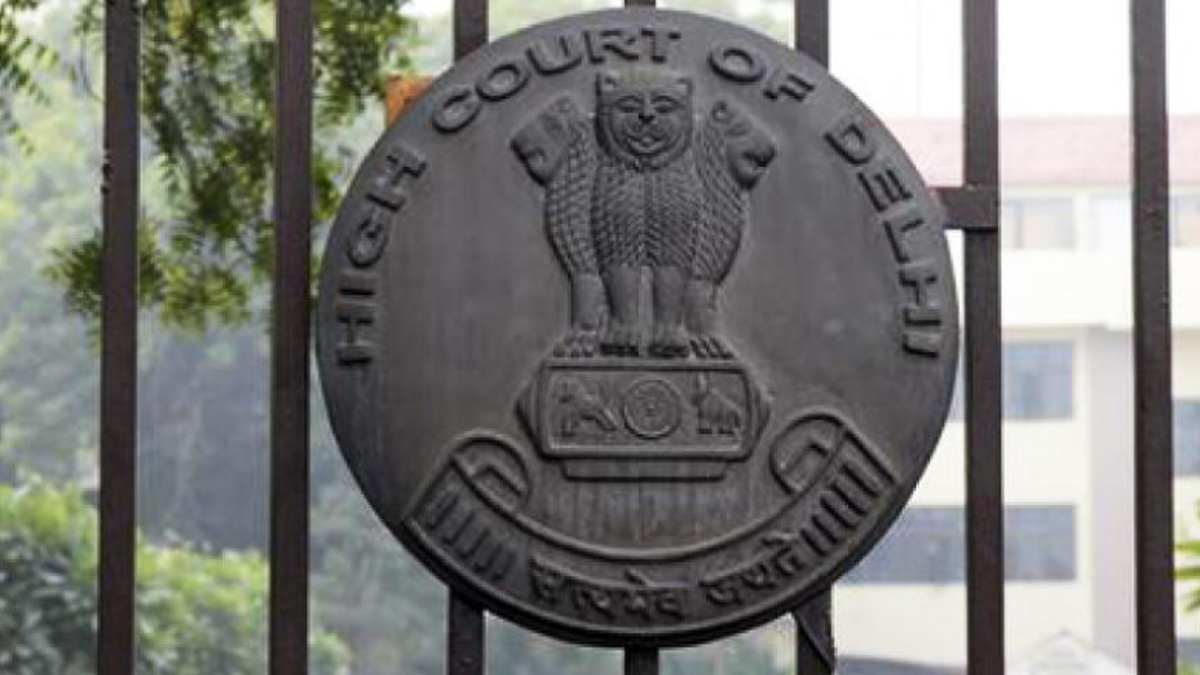
A view of Delhi High Court. | Photo credit: Sushil Kumar Verma/The Hindu
The Delhi High Court has asked the DU and Bar Council of India to consider evolving a mechanism with appropriate safeguards and conditions for online classes for students pursuing the law course in the university.
Justice Dinesh Kumar Sharma acknowledged that physical attendance carried a distinct value in professional courses but said that the continuous development in technology and artificial intelligence was an opportunity to evolve “effective remote learning mechanisms”.
The court made the observations while dismissing a batch of petitions by law students against Delhi University’s decision to not allow them to sit in their respective semester examination due to shortage of attendance.
The court refused to interfere on the ground that no relaxation in the aggregate attendance requirement could be granted under writ jurisdiction but nudged the authorities to adopt technological advancements for virtual classes.
“The University of Delhi and the Bar Council of India may also evolve a mechanism to enable the students to attend classes online with the appropriate safeguards and conditions.
“The court is conscious of the fact that in professional courses, physical attendance carries distinct values. However, the continuous development of the technology and Artificial Intelligence presents an opportunity to the experts to evolve effective remote learning mechanisms,” said the court in a judgement passed on February 11.
The court stated that its observation was based on the premises that at the time of admission, mobile numbers and e-mail IDs were furnished by students or steps could also be taken to update the same if not provided.
It also emphasised that there should be strict adherence with the practice of notifying the attendance of each student for each month along with the lectures/practicals held subject-wise.
In the era of technological advancement and in order to avoid any objection by the students that they were not timely notified, the Faculty of Law should send such monthly attendance updates via e-mail along with SMS and WhatsApp to students and maintain a record of the same, it added.
The court said the dean of the Faculty of Law, in consultation with the Bar Council of India, might evolve a mechanism for students to make a representation regarding short attendance and the authorities could then take an appropriate decision if the request was found to be genuine.
In the judgement, the court observed that its power under writ jurisdiction was not a tool for granting relief in cases of “manifest disregard of discipline by the students”.
“It is essential to maintain the integrity of the L.L.B. professional course and to ensure that students who abide by the rules are not prejudiced by a retroactive relaxation of discipline…To permit such an invocation would not only undermine the integrity of the professional course but also prejudice those students who diligently observe their academic responsibilities,” said the court.
Published – February 17, 2025 05:05 pm IST


